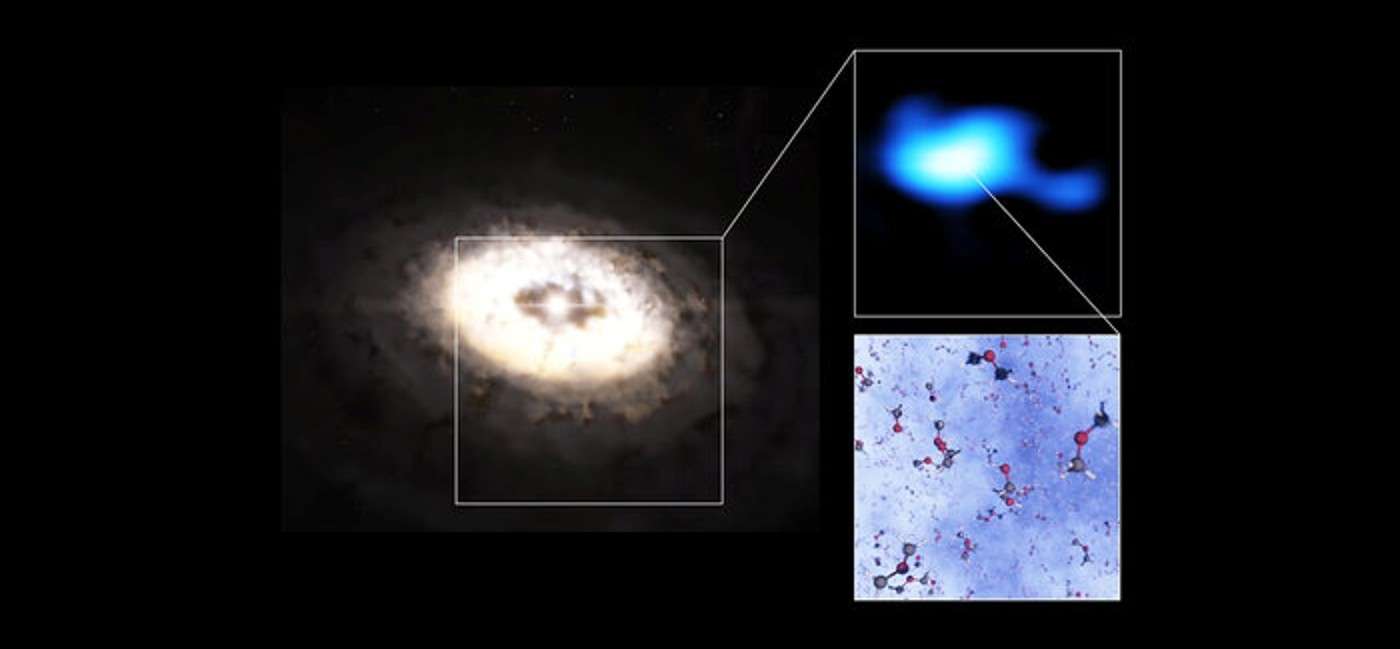Scientists have uncovered a new approach for treating severe asthma. They have high hopes their discovery may pave the way for effective new treatments, especially in children.
The research comes from the School of Biochemistry and Immunology at the Trinity Biomedical Sciences Institute (TBSI) in Ireland, which has one of the highest rates of asthma in the world.
Luke O'Neill, lead investigator and Professor of Biochemistry at Trinity, said, "We have found that a molecule made by our own bodies, called Itaconate, can suppress key events that promote asthma by targeting an important immune protein called JAK1. By shutting off JAK1 we have shown remarkable efficacy in lab-based models of asthma."
The protein JAK1 is important in driving the immune response but in some cases it causes an over-the top reaction, leading to excessive stimulation of macrophages, which cruise around the body looking for intruders. This excessive stimulation causes inflammation and is problematic in a suite of conditions, such as asthma.
Dr Marah Runtsch, lead author of the research article just published in Cell Metabolism, said, "We have high hopes that new medicines based on Itaconate could well have potential as a wholly new therapeutic approach for treating severe asthma, where there is a pressing need for new treatments.
"We tested a molecule called 4-OI, which is based on itaconate, and it was able to suppress severe asthma in a model of the disease which doesn't respond to anti-inflammatory steroids."
HELP Your Friends Inhale This Good News; Share the Story…










Be the first to comment